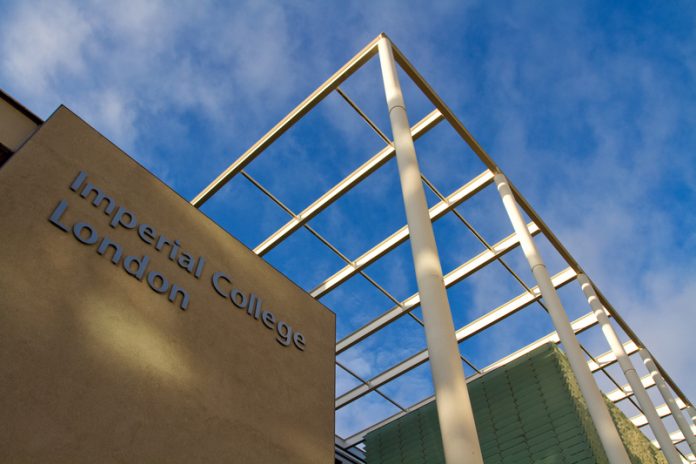Imperial College London and the London School of Economics will receive a share of £52m to lead research in biomedical engineering and social sciences
As the first projects to be funded in the fifth round of the UK Research Partnership Investment Fund (UKRPIF), Imperial College London and the London School of Economics (LSE) will each get a share of £52m. The funding is intended to help develop ideas into real-world solutions through high-quality research.
“Capitalising on the incredible research and innovation taking place in universities up and down the country is key to the UK’s long-term success,” said Universities and Science Minister Jo Johnson.
Imperial’s biomedical engineering project will look to develop new treatments for pressing healthcare problems. LSE’s project aims for a deeper understanding of inequality around the world as well as its social, economic and political consequences.
“The successful bids from Imperial College London and the LSE demonstrate the breadth of the UK’s scientific expertise and are exactly the types of projects our upcoming Industrial Strategy will look to support,” Johnson went on. “This announcement – along with our investment of £2 billion per year by the end of this parliament for scientific research and development – highlights our commitment to ensuring we remain at the forefront of global science.”
UKRPIF aims to boost the UK economy
Since May 2012 the UKRPIF has been supporting research institutions to attract investment, in the hope of boosting the UK economy. Managed by the Higher Education Funding Council for England (HEFCE) in collaboration with other UK higher education funding bodies, funding proposals are assessed by an independent panel.
“These two projects demonstrate the role that our universities play in providing outstanding research for the benefit of the economy and society,” added HEFCE’s chief executive, Madeleine Atkins.
“The UKRPIF programme gives excellent value for public funding by double matching finance from external sources.”
In four years, UKRPIF has allocated over £450 million to 32 projects in support of key industry sectors including life sciences and healthcare, telecommunications, manufacturing and engineering, aerospace, automotive, and energy. Examples include Cranfield University’s Aerospace Integration Research Centre; University College London’s Institute of Immunity and Transplantation; University of Oxford’s Li Ka Shing Centre for Health Information and Discovery; and the Energy Safety Research Institute at Swansea University.
Ahead of the government’s forthcoming Industrial Strategy, an extra £2 billion per year has been pledged by 2020/21 for research and innovation. The funds are aimed at realising the potential of the UK’s research base in areas like robotics and biotechnology.











